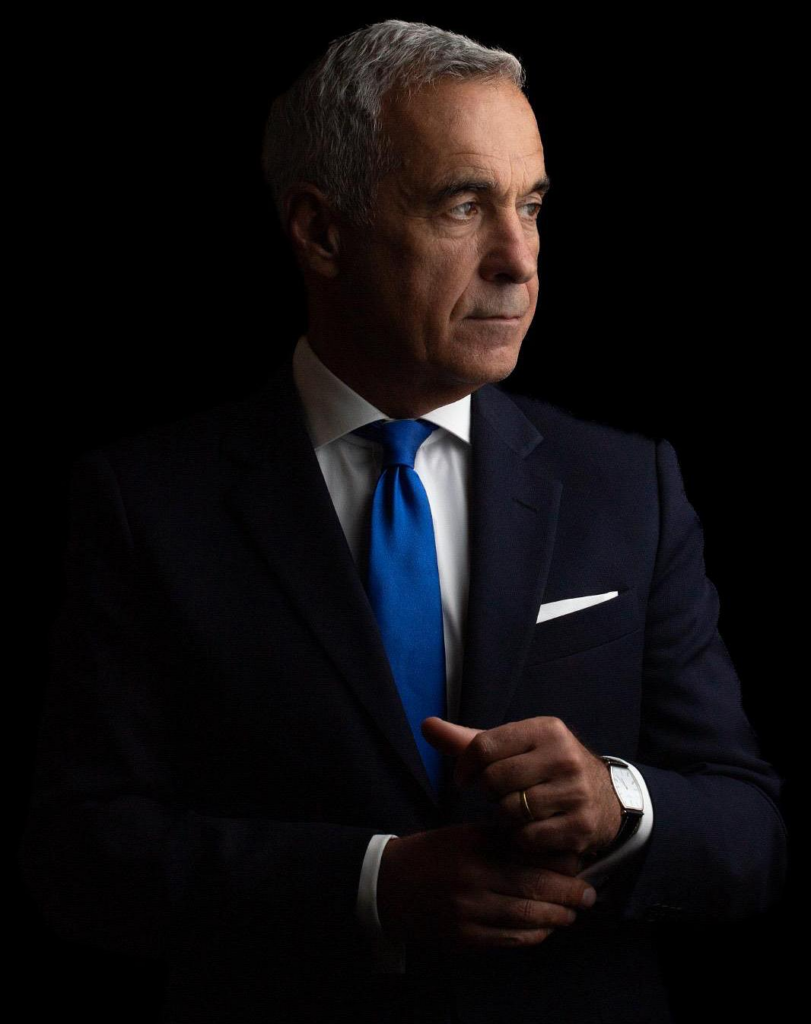“Far-Right” Candidate Stuns Nation in First Round of Elections
Georgescu Takes Center Stage
Romania’s presidential election delivered a surprising twist, with far-right (conservative) independent candidate Călin Georgescu leading the first round. Preliminary results show Georgescu with 22% of the vote, followed closely by Prime Minister Marcel Ciolacu, who garnered 20%. Both candidates are set to compete in a decisive run-off on December 8.
TikTok and Sovereignty: Georgescu’s Winning Formula
Georgescu’s rise shocked many political analysts. Running without party backing, he relied heavily on TikTok to spread his message. His campaign resonated with voters frustrated by Romania’s alignment with the European Union and NATO. Georgescu vowed to reclaim Romania’s sovereignty and criticized NATO’s missile defense base in Deveselu. His promises have polarized the electorate, appealing to some while alarming others.

The Cost of Living Crisis Shaped the Election
Soaring living costs dominated the campaign, with Romania facing the EU’s highest poverty risk rates. Georgescu’s nationalist rhetoric contrasted with Ciolacu’s pro-European stance, highlighting a stark choice for voters. Marcel Ciolacu, representing the Social Democrats, campaigned on stability and Romania’s continued alignment with Western allies. However, his establishment image failed to shield him from widespread discontent.
Diaspora and Urban Votes May Shift the Outcome
As counting continues, votes from Bucharest and Romania’s large diaspora remain crucial. These groups traditionally favor pro-European candidates, which could narrow Georgescu’s lead. Early exit polls had predicted Ciolacu as the frontrunner, with center-right candidate Elena Lasconi expected to secure second place. However, Lasconi currently sits in third with 18%, and nationalist George Simion follows in fourth.
The Stakes for Romania’s Future
Although Romania’s presidency is mostly symbolic, its foreign policy influence is significant. A Georgescu victory could strain Romania’s relationships with NATO and the EU, particularly over the war in Ukraine. Meanwhile, Ciolacu’s presidency would ensure continuity with Romania’s pro-Western trajectory.
The final results of the first round are expected later on Monday. With turnout at 51%, the same as in 2019, the nation remains divided on its future direction. The December run-off will test whether Romania chooses stability or an uncharted nationalist path.
Our Visitor






 Users Today : 6
Users Today : 6


